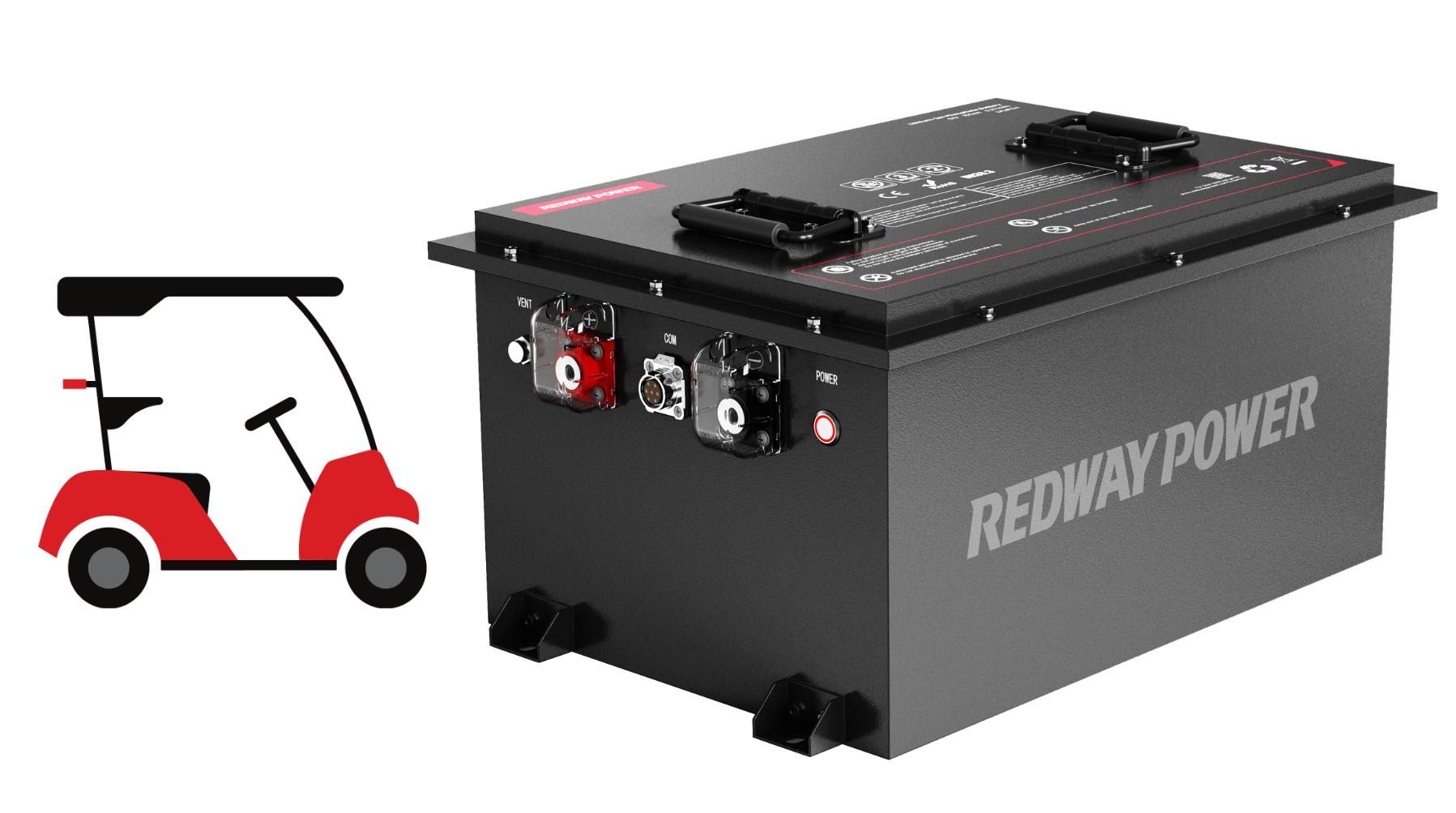LiFePO4 (Lithium Iron Phosphate) batteries are increasingly popular due to their long-lasting performance and safety features. These rechargeable lithium-ion batteries offer numerous advantages, including high thermal stability, long cycle life, and environmental friendliness. Understanding these benefits can help you make informed decisions about energy storage solutions for various applications.
What is a LiFePO4 battery and how does it work?
A LiFePO4 battery is a type of lithium-ion battery that uses lithium iron phosphate as its cathode material. This chemistry provides a stable and safe energy storage solution. During discharge, lithium ions move from the anode to the cathode through an electrolyte, generating electrical energy. When charging, this process reverses, allowing the battery to store energy for later use.
| Component | Function |
|---|---|
| Cathode | Made from lithium iron phosphate |
| Anode | Typically made from graphite |
| Electrolyte | Facilitates ion movement between electrodes |
What are the key characteristics of LiFePO4 batteries?
LiFePO4 batteries possess several notable characteristics:
- High Thermal Stability: They can withstand higher temperatures without risk of thermal runaway.
- Long Cycle Life: Typically offering over 2000 charge cycles.
- Low Self-Discharge Rate: Retain charge effectively when not in use.
- Consistent Voltage Output: Provide stable power delivery throughout their discharge cycle.
| Characteristic | Description |
|---|---|
| Thermal Stability | Safe operation at elevated temperatures |
| Cycle Life | Over 2000 cycles |
| Self-Discharge Rate | Low loss of charge over time |
| Voltage Output | Stable performance during discharge |
What advantages do LiFePO4 batteries offer over other types?
LiFePO4 batteries have several advantages compared to other lithium-ion chemistries:
- Safety: Lower risk of fire or explosion due to thermal stability.
- Longevity: Longer lifespan reduces replacement frequency and costs.
- Environmental Impact: More eco-friendly as they do not contain toxic materials like cobalt.
| Advantage | Benefit |
|---|---|
| Safety | Reduced risk of thermal runaway |
| Longevity | Cost-effective over time |
| Environmental Impact | Non-toxic materials used |
In what applications are LiFePO4 batteries commonly used?
LiFePO4 batteries are versatile and suitable for various applications, including:
- Electric Vehicles (EVs): Preferred for their safety and longevity.
- Renewable Energy Storage: Ideal for solar and wind power systems.
- Backup Power Systems: Used in UPS systems for reliable emergency power.
- Portable Devices: Increasingly found in power tools and consumer electronics.
| Application | Description |
|---|---|
| Electric Vehicles | Reliable power source for EVs |
| Renewable Energy Storage | Efficient storage for solar/wind energy |
| Backup Power Systems | Provides emergency power during outages |
| Portable Devices | Powers tools and electronics |
What makes LiFePO4 batteries safe for various applications?
The safety of LiFePO4 batteries stems from their chemical stability and low risk of thermal runaway. Unlike other lithium-ion chemistries, they can withstand high temperatures without degrading or catching fire, making them suitable for demanding environments such as electric vehicles and renewable energy systems.
| Safety Feature | Importance |
|---|---|
| Thermal Stability | Prevents overheating |
| Low Risk of Fire | Safer in case of damage or misuse |
How do LiFePO4 batteries perform in high-temperature environments?
LiFePO4 batteries excel in high-temperature conditions, maintaining performance without significant degradation. They can operate effectively at temperatures ranging from -20°C to 60°C (-4°F to 140°F), making them ideal for outdoor applications and environments with fluctuating temperatures.
| Temperature Range | Performance |
|---|---|
| -20°C to 60°C | Reliable operation under extreme conditions |
Why is the cycle life of LiFePO4 batteries significant?
The long cycle life of LiFePO4 batteries—often exceeding 2000 cycles—means they can be charged and discharged many times before losing capacity. This longevity translates into lower overall costs, as users need to replace their batteries less frequently compared to other types.
| Cycle Life | Benefit |
|---|---|
| Over 2000 cycles | Cost-effective due to reduced replacements |
What are the environmental benefits of using LiFePO4 batteries?
LiFePO4 batteries are more environmentally friendly than many alternatives because they do not contain harmful heavy metals like cobalt or lead. Additionally, their long lifespan reduces waste since fewer batteries need to be produced and disposed of over time.
| Environmental Benefit | Description |
|---|---|
| Non-toxic Materials | Safer for the environment |
| Reduced Waste | Longer lifespan leads to less frequent replacements |
Buy Wholesale Battery Tips
For those interested in purchasing bulk or OEM orders, partnering with reputable manufacturers like Redway Battery, known for their expertise in lithium technology over their 13 years in the industry, is essential. They provide comprehensive support throughout the ordering process, ensuring high-quality products tailored to specifications. To make OEM orders successfully:
- Clearly identify your requirements.
- Contact Redway Battery’s sales team with your specifications.
- Discuss customization options based on your needs.
- Finalize agreements on pricing and delivery timelines.
Industrial News
The market for lithium iron phosphate (LiFePO4) batteries continues to grow as industries increasingly adopt renewable energy solutions and electric vehicles. Recent advancements focus on enhancing battery performance, safety features, and recycling processes, making them more attractive options for various applications across multiple sectors.
Redway Expert Views
“LiFePO4 technology represents a significant advancement in battery design,” states an expert from Redway Battery. “Its combination of safety, longevity, and environmental friendliness makes it an ideal choice for a wide range of applications.”
FAQ Section
- What is a LiFePO4 battery?
A LiFePO4 battery is a type of lithium-ion battery that uses lithium iron phosphate as its cathode material, known for its safety and long cycle life. - How long do LiFePO4 batteries last?
LiFePO4 batteries typically last over 2000 charge cycles, making them one of the most durable options available. - Are there any environmental concerns with using LiFePO4 batteries?
No, LiFePO4 batteries are considered environmentally friendly as they do not contain toxic materials like cobalt or lead.



